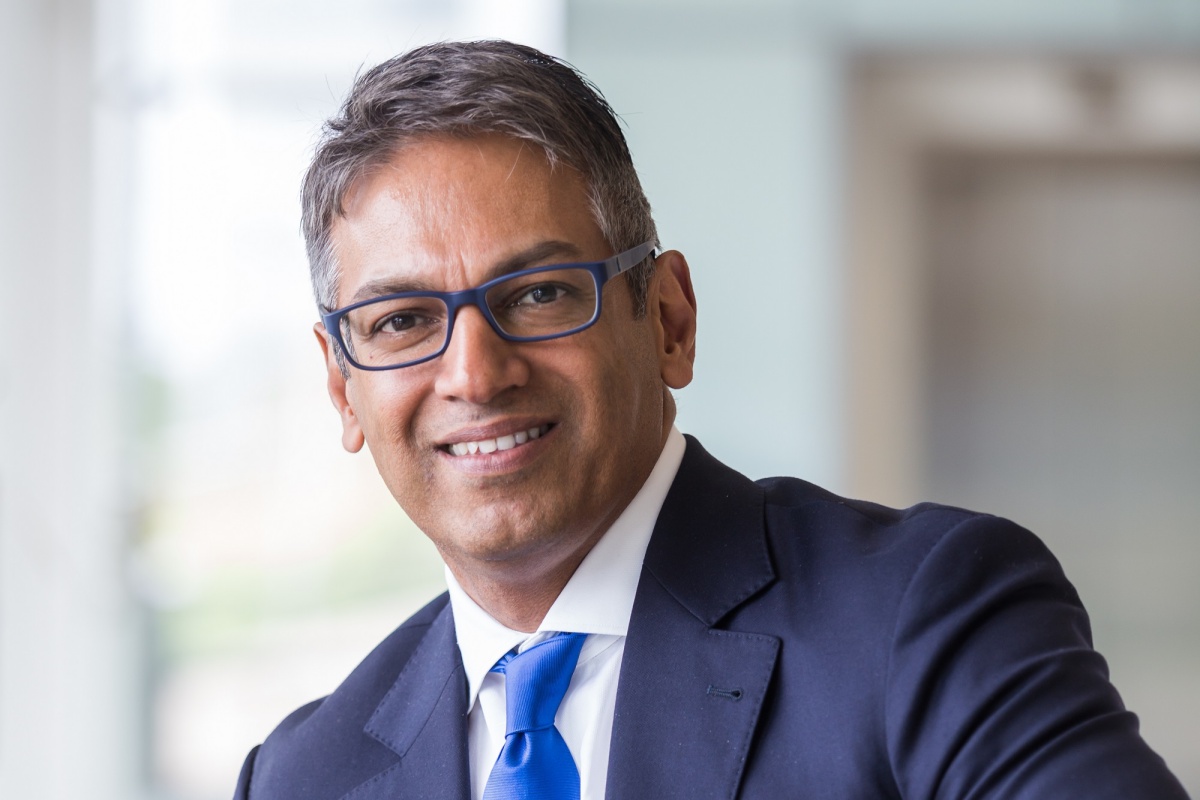Companies that are led by female CEOs result in return on equity that’s 41% better than companies run by men, according to PCMA president Sherrif Karamat. But if 50% of the population is women, why aren’t 50% of companies run by female CEOs?
“There could be many reasons," Karamat said. "I think that women bring a different leadership style and men are grappling with that." However, he emphasises that equity in different parts of the world is subject to culture and the local landscape.
“I don’t know that we’ll ever get to an equal playing field," he said. "What we should do is always strive for equity, but this parity might not be the same in all parts of the world for natural reasons or the way the landscape is. If the opportunities are equal, and we can get women and men to get equal access and equal opportunities, I’ll be good with that. It’s something I’ll be propelling.”
PCMA-Convene launched an initiative called Ascent to promote inclusion and diversity across the business events industry. It strives to motivate and educate decision-makers on the business case and best practices for inclusive workplaces and events; these initiatives include sensitivity training.
The programme moves beyond gender to also promote inclusivity of sexual orientation, race, ethnicity, disabilities, and socio-economic stratas. And according to Karamat, inclusivity is the foundation to diversity. Yes, those two aren’t interchangeable.
“You can never be diverse unless you’re inclusive, right?" he asks. "I put the ‘I’ before the ‘D’. But inclusivity is not just about gender, sexual orientation, religion, etc. It’s also about your ideas. You and I can look different but we may think exactly the same—so it doesn’t count and we’re not being very inclusive of different ideas.
“When you come from the same socio-economic strata, you and I can look radically different but if we were born in the same neighbourhood, we go to the same grocery stores, for instance, it allows us to think very similarly. Our various economic and social surroundings, and educational backgrounds make us think very differently.”
But in an era where divisive opinions are magnified through the lens of social media, how can diverse ideas be given fair treatment? This is where the power of meetings and events come in.
“Many of our social ills are about not having common understanding of where people are coming from," Karamat said. "When we meet face-to-face, we see eye-to-eye. We don’t always have to agree but I can understand your perspective and have an appreciation of your perspective.
“Whether I agree with it or not is a different matter, but I can at least say ‘I understand where you’re coming from’. The business events industry doing that is so powerful—that’s what we do. We bring people together. And so what better of a mechanism to break down barriers and to bring understanding to an age-old problem?”
Even in the area of medicine, for instance, meetings with diverse ideas are useful. “I don’t believe we’re going to even solve common ailments like cancer or AIDS unless it’s not just about science," he said. "It’s about humans coming together and discussing things; there’s so much we can solve when we meet face-to-face.”
One thing that businesses need to learn is that inclusivity is not just about a tick in a box, but also about bringing in revenue. “Doing good is good for business," he said. "And at the end of the day, companies that have a diverse workforce actually also perform better so why wouldn’t you want that?”
An example he quoted is American supermarket chain Whole Foods, which stocks ethically sourced items. The founder of the brand is also founder of the ‘conscious capitalism’ movement, and the brand finds that more people are looking to shop at businesses that are more ‘altruistic’. This, according to Karamat, is not a sign that Whole Foods is run by saints, but rather, it’s about catering to the market and ultimately making more money.
But of course, in the context of events, the line between genuine intent and inclusivity as an economic generator is a fine one. “You making an extra penny is good for the economy," he said. "But guess what? You having that extra penny will allow for us to employ another person which will lift their economic standards."
Hiring diverse talent is oftentimes subject to controversy: Is meritocracy lost? Do diversity quotas affect change? What if those on top of the social and economic hierarchy feel threatened?
“If I have to force your hand [through mandatory quotas], maybe that’s a good thing,” Karamat said. However, he argues quotas are not the only way to change behaviours, especially among those at the top.
“I’m not saying quotas are bad, I’m just saying they use it so they have an argument to say ‘oh well we’ve already got 40%’," he said. "It’s just a tick in the box, but it’s not changing minds. But can we actually change the behavior to see the benefit of having equity versus trying to implement a quota?"
Changing minds is about exposure, he added. "It’s about meeting and talking. Every time we meet face-to-face, we are being made to think. You might say something that gives me an idea, and I might not respond favourably in front of your face, but I’ll be going back home at night and saying, ‘she said that, let me have a think about it’.”
These changes may not happen overnight, but according to Karamat, the key is face-to-face meetings. “We should also realise that we’re not going to solve bigotry tomorrow," he said. "We shouldn’t try to boil the ocean in one day. In order to move a mountain, you have to move many small rocks. You’re not going to move the mountain all by yourself. If you move many small rocks, focus on one rock at a time. Things will change.”








